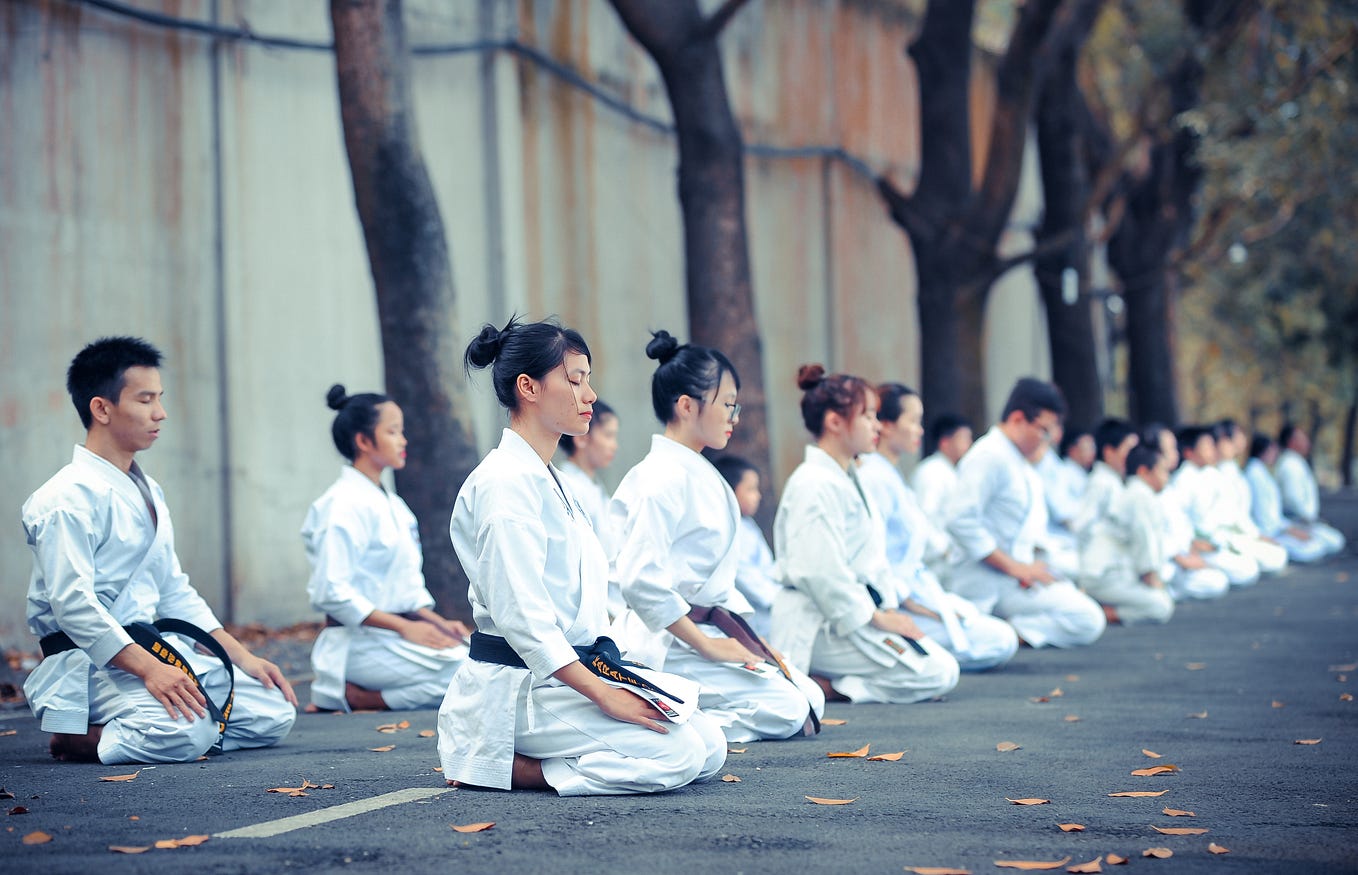Why Didn’t the Academy Recognize the Performances in ‘Parasite’?
Justice for Song Kang-ho.
The Bong Hive swept the Academy Awards last night, with Bong Joon-ho’s Parasite taking home Oscars for Best Original Screenplay, Best International Film, Best Director, and Best Picture. In Bong Joon-ho’s acceptance speech for Best International Feature Film, he told the audience, “All our loving crew members and cast members are here today. Please give a round of applause to the actors and crew members of Parasite.” The gesture served as a reminder that the film would not have been possible without their involvement— something that the Academy overlooked with this year’s acting nominees.
The failure to even nominate the performances in this year’s Best Picture is indicative of an ongoing problem in the voting body: How can a film be the Best Picture without the best performances? What type of performances does the Academy deem the “Best” and why? And more specifically, why does the Academy view films directed by and populated with people of color as a “technical achievement?”
There are many examples of the Academy overlooking diverse performances in Best Picture-nominated films. Not so long ago, Black Panther made historic strides in the box office and at the Oscars: It’s the highest-grossing solo superhero film worldwide and last year, Black Panther was the first superhero genre film to be nominated for Best Picture. Just like Parasite, its actors were not nominated. Instead, Black Panther was nominated for Best Picture, Best Original Score, Best Original Song, Best Production Design, Best Costume Design, Best Sound Editing, and Best Sound Mixing. For a film to collect as many nominations as it did, establish itself as a cultural phenomenon, and receive the utmost praise only for the Oscars’ voting body to then overlook the film’s performances indicates a blatantly obvious issue in the Academy.
And look all the way back to 2008 (I know it may be hard to do), when Slumdog Millionaire garnered 9 nomination and 7 wins. The feat is reminiscent of Parasite’s last night. Everyone was shockingly elated as the Academy crowned the film as the Best Picture of 2008. But looking back, the film is a story about people of color, as directed by a white filmmaker who won an Oscar. Many would say his film would be nothing without its enthralling performances–performances that were not even nominated.
Over the last few years, The Academy has made efforts to diversify its voting pool. After the #OscarsSoWhite fiascos of 2015 and 2016, the Academy vowed to double its minority membership by 2020. According to The New York Times, “In 2015, about 8 percent of the academy’s 8,500 voters were people of color. The percentage of minority members now stands at roughly 16 percent.”
Moonlight and Parasite both winning Best Picture in 2018 and 2020, respectively, demonstrates a shift in the voting body, but the body’s failure to nominate more than one actor of color this year indicates their ongoing struggle to recognize diverse performances. The fact that the Best Supporting Actor and Best Actor categories were flooded with potential candidates of color (Eddie Murphy, Jonathan Majors, Song Kang-ho), who all ended up snubbed says a great deal about the Academy’s priorities.
Conversely, there are apparently too few incredible roles for women in Hollywood; so few that Scarlett Johansson was nominated twice. Bombshell, a film not even nominated for Best Picture, had two of its actors nominated for their performances. Kathy Bates was just thrown in there! For what? For funsies? Performances like Renée Zellweger’s in Judy conform to a stereotype of an actor playing someone in a sub-par film (I’m looking at you, Rami Malek) winning the award just because they did a solid impression. These performances elbowed out Lupita Nyong’o’s god-tier performance in Us and Zhao Shuzhen’s heartwarming American debut in The Farewell.
But unlike Nyong’o and Shuzhen, the actors of Parasite were never truly a part of the award’s conversation. Many critics’ reviews of the film focused on the brilliance of Bong Joon-ho and the world that he created, without considering the people who populate it and push the story along through their sweat and, occasionally, tears. Accepting the award for Best Motion Picture, Foreign Language at the Golden Globes, Sharon Choi interpreted Bong Joon-ho’s words beautifully, profoundly stating, “Once you overcome the one-inch tall barrier of subtitles, you will be introduced to so many more amazing films.”
The lack of consideration for Parasite’s actors may stem from the Academy voting body’s inability to evaluate a performance in a language they don’t speak. If that’s the case, it stands in direct opposition to Oscar-winning actors over the last 92 years proclaiming countless times that performance transcends all difference. As Renée Zellweger stated last night, “We all remember who we are as one people united.”
Great acting is not something only understood by the “trained eye.” If Parasite had not been nominated, I believe this conversation would be different. Thinkpieces would be written about how the film was not considered because of its subtitles. Instead, it is clear that the film resonated with people, as Zellweger once said (yesterday), “across generations and across cultures.”
A clear problem with the Academy lies not only in the racial bias of its voting body, but its aversion to performances that do not conform to films many would consider “artistic achievements.” Members may enjoy a film overall for what the filmmaker/s and crew achieve but if actors are not capital-A acting in an accessible way, it’s deemed “too weird” for them. Horror films have consistently been disregarded by the Academy. Despite what critics may write, if a horror film does not bend or subvert the genre, it is not noteworthy to the voting body.
Still, the Academy does have a racial bias. It’s undeniable. When films like Life of Pi are released, American critics jump to praise the genius of the director and voting bodies honor the technicians or visionaries who elevate such films, but leave actors as supporting roles in their own movies.
That is not to say those contributors, the production designers, the sound mixers, the editors, etc. do not deserve accolades for their work. As someone who has worked as a costume designer, I know how often such work goes unappreciated on- and off-set. But the actors of color who made you laugh, sob, and call your mother contributed something worthwhile— even when the performance is quiet, obnoxious, horrifying, or astonishingly serving its purpose.
In American cinema, we praise performances that stand out rather than gel together, working to be the best ensemble they can be, enhancing each other’s performances instead of shouting over each other. Maybe that’s not something Academy viewers fully understand. Our Western individualist culture forces us to pinpoint the most spectacular achievement than the collective accomplishment that, all together, achieves something other-worldly. Parasite’s cast and crew does just that and more. Maybe, next time, viewers and voters alike can see past their biases to the beauty of any and every performance, not just the ones we’re conditioned to see as the “best.”








